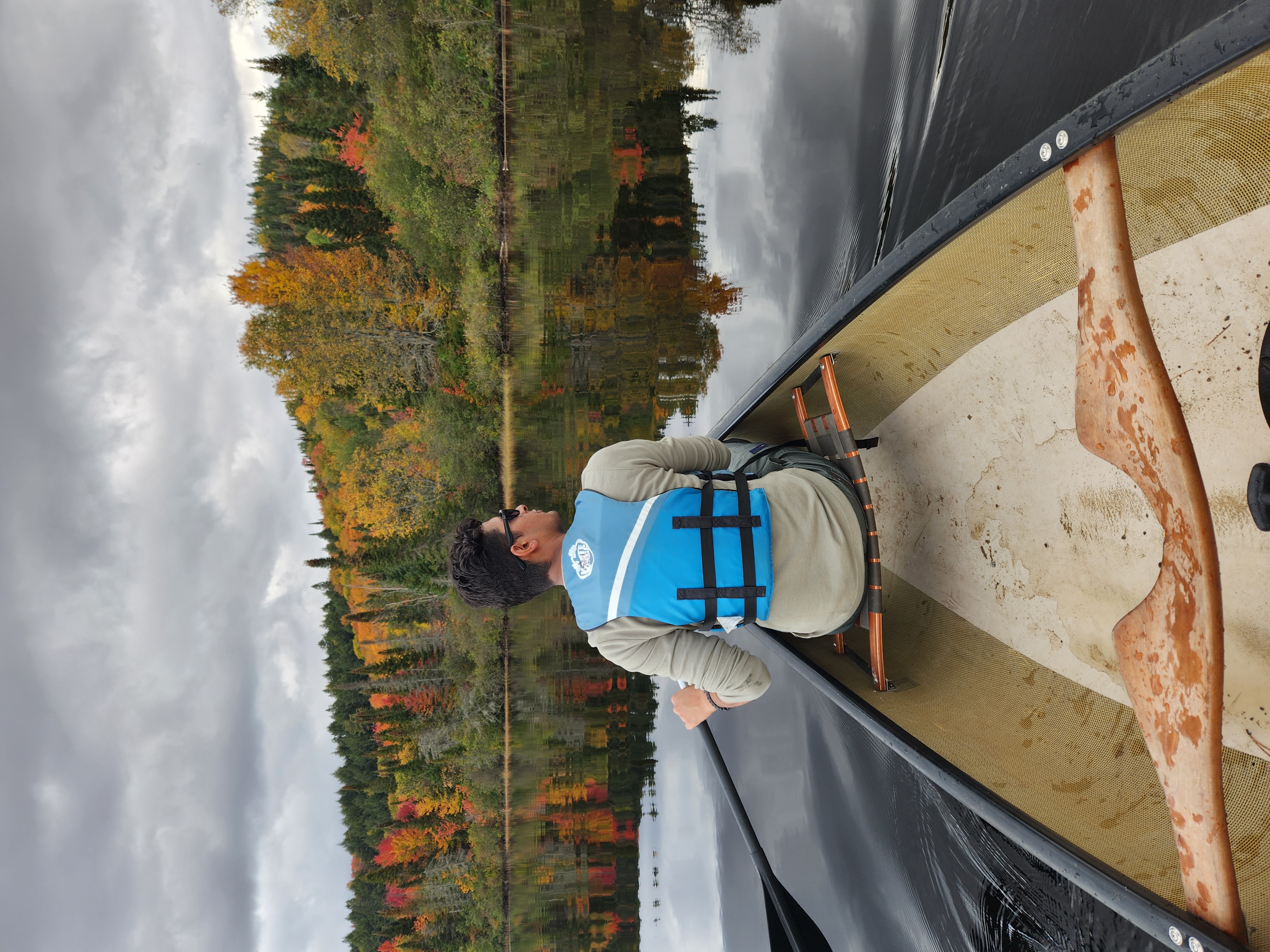Canada is renowned for its breathtaking landscapes, diverse cities, and rich cultural heritage, making it an attractive destination for travellers worldwide. Tourism plays a vital role in the country's economic development, contributing to GDP growth, job creation, and regional development. With strategic policies and investments, Canada can leverage travel and tourism to enhance its economic prosperity.
1. Contribution to GDP
Tourism significantly contributes to Canada’s Gross Domestic Product (GDP). In 2019, before the COVID-19 pandemic, tourism generated approximately $105 billion in total economic activity. As travel rebounds post-pandemic, increased visitor spending on accommodation, food, entertainment, and transportation will provide a substantial economic boost. Encouraging international tourists to extend their stay and explore multiple provinces can further amplify economic gains.
2. Job Creation and Employment Growth
The travel and tourism sector is a major employer in Canada. It supports over 1.8 million jobs, spanning various industries such as hospitality, transportation, retail, and entertainment. Increased investment in tourism infrastructure, such as hotels, resorts, and cultural attractions, can create additional employment opportunities. Seasonal employment in tourism-heavy regions, such as Banff, Niagara Falls, and Prince Edward Island, provides a livelihood for thousands of workers.
3. Growth in Small and Medium-Sized Enterprises (SMEs)
Canada's tourism industry consists of a vast network of small and medium-sized enterprises, including boutique hotels, local restaurants, tour operators, and artisan businesses. An influx of travellers can boost revenue for these businesses, allowing them to expand and hire more employees. Government incentives and grants for tourism-related businesses can further strengthen their sustainability and competitiveness.
4. Increased Revenue from International Tourists
International travellers spend significantly more than domestic tourists. In 2019, international tourists contributed over $23 billion to Canada's economy. Expanding international marketing campaigns, simplifying visa procedures, and enhancing air connectivity can attract more visitors from high-spending markets like China, the United States, and Europe. Additionally, promoting Canada as a year-round destination can mitigate seasonal fluctuations in tourism revenue.
5. Strengthening Regional Economies
Many rural and remote regions in Canada depend on tourism as a primary economic driver. Areas such as the Yukon, Newfoundland, and the Rocky Mountains attract nature enthusiasts, adventure seekers, and cultural travellers. By investing in infrastructure, such as improved transportation networks and digital connectivity, these regions can maximize their tourism potential and reduce economic disparities between urban and rural areas.
6. Boosting Indigenous Tourism
Indigenous tourism is a rapidly growing segment in Canada, offering authentic cultural experiences while fostering economic reconciliation. Indigenous-owned businesses, such as guided cultural tours, traditional craft markets, and eco-lodges, provide employment and income for Indigenous communities. Supporting Indigenous tourism initiatives through funding and promotional campaigns can create a sustainable and inclusive tourism economy.
7. Enhancing Canada’s Global Brand
A strong tourism industry enhances Canada’s global reputation as a premier travel destination. Hosting international events, such as the Winter Olympics or cultural festivals, can increase Canada’s visibility and attract long-term investment. Well-developed tourism infrastructure and high-quality experiences encourage repeat visits and positive word-of-mouth recommendations, further boosting international arrivals.
8. Encouraging Sustainable Tourism Practices
Sustainability is a key factor in ensuring long-term economic benefits from tourism. Canada’s vast natural landscapes must be preserved for future generations. Investing in Eco-tourism, promoting responsible travel, and supporting green initiatives—such as carbon-neutral hotels and conservation projects—can attract environmentally conscious travellers and contribute to a more sustainable economy.
Conclusion
Travel and tourism play a pivotal role in Canada’s economic growth. By investing in infrastructure, supporting local businesses, attracting international visitors, and promoting sustainable tourism, Canada can harness the full potential of this dynamic industry. As the global demand for travel increases, Canada has an opportunity to position itself as a leading destination, driving economic prosperity for years to come.














